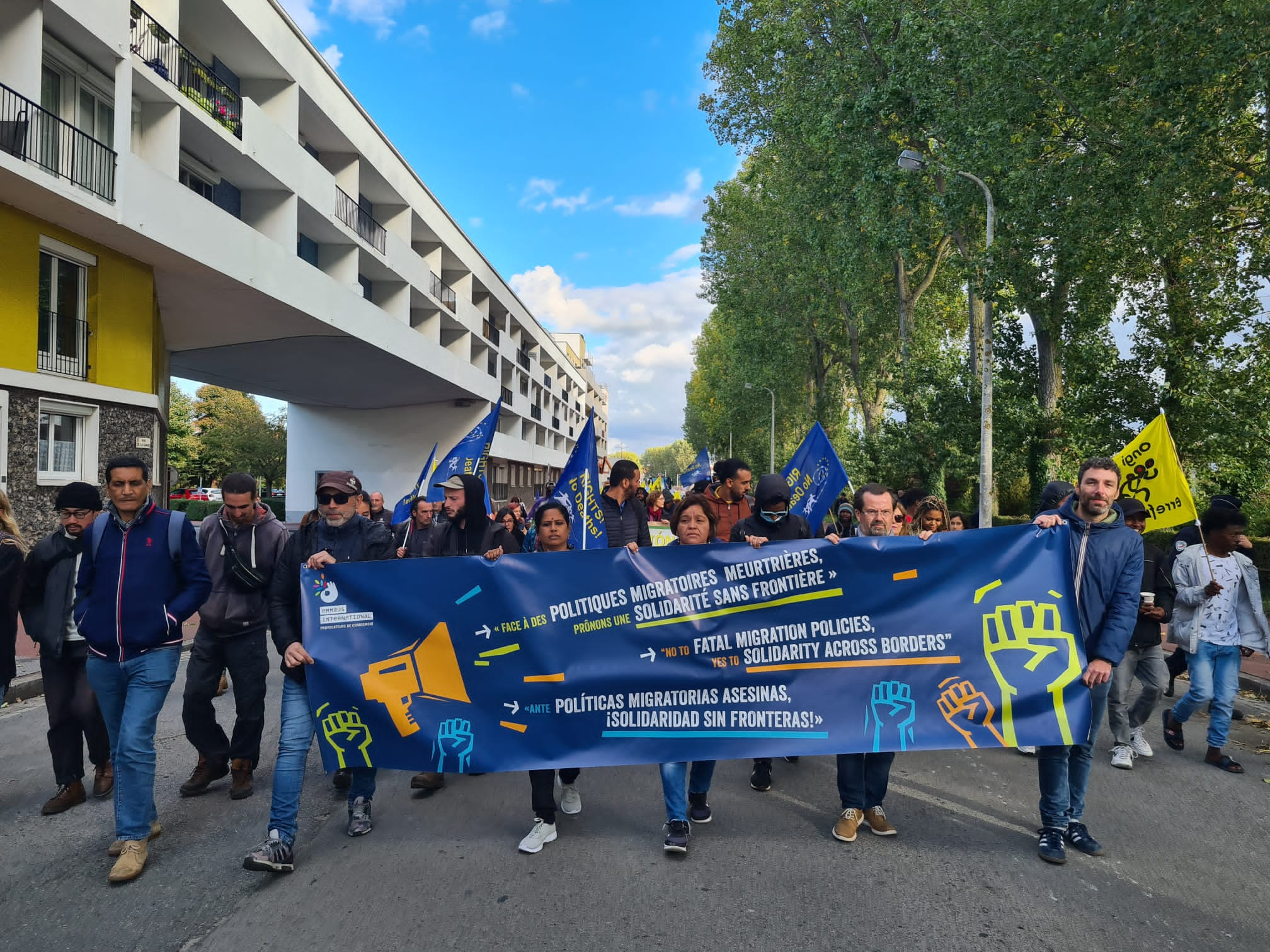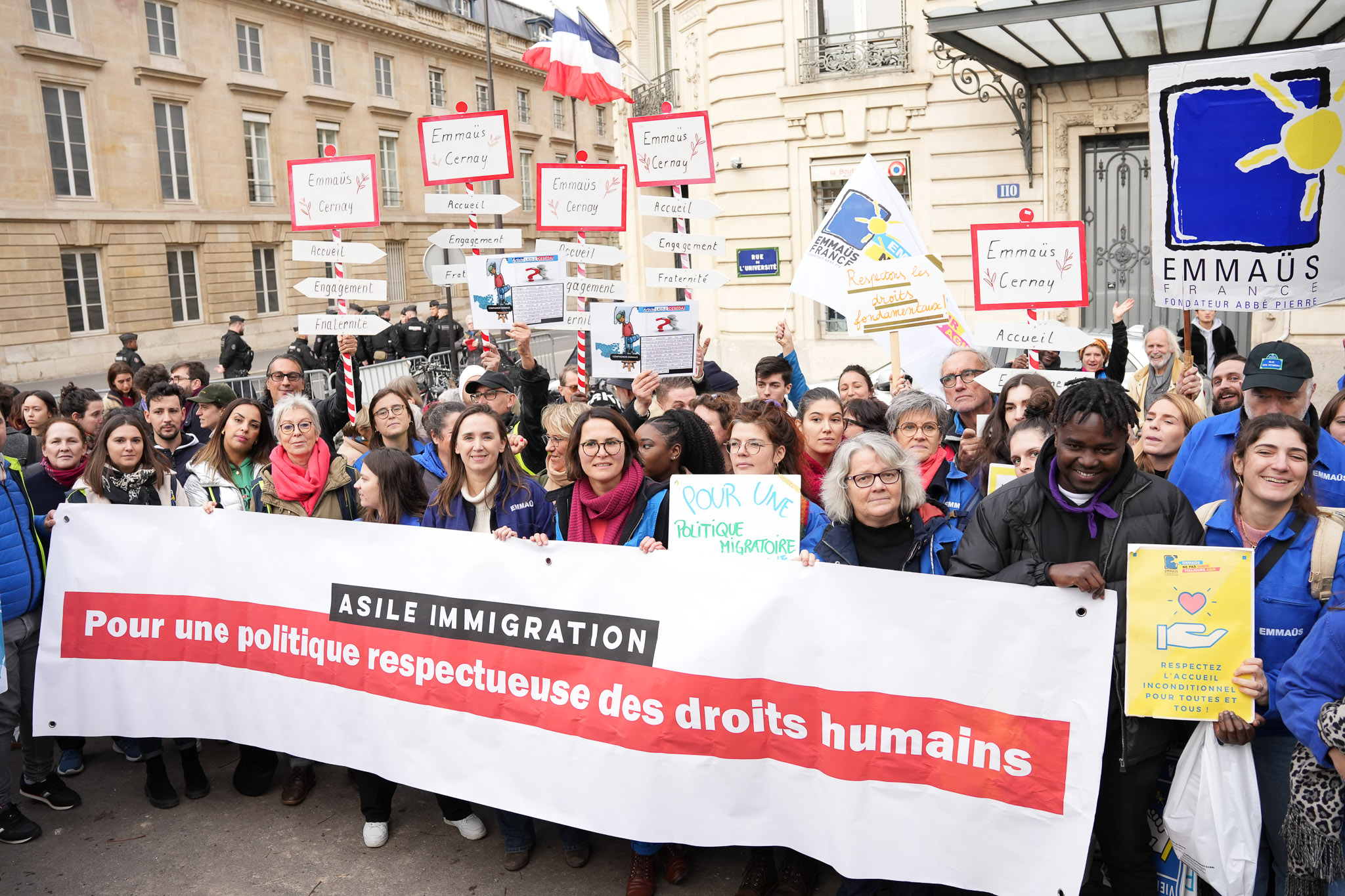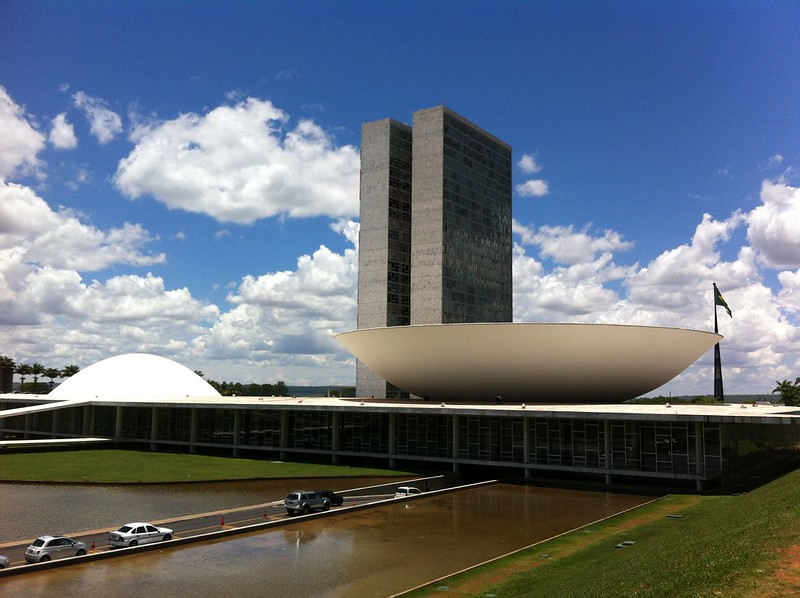Sharing the Earth: Emmaus International reaffirms its fight for the freedom of movement and settlement

The Emmaus Movement was founded 75 years ago, at the same time as the Universal Declaration of Human Rights, with a universal conscience, as expressed by its founder. Unconditional welcome and North-South solidarity, seen as antidotes to poverty and injustice, have been the pillars of this construction. It was in this spirit that the Emmaus groups opened their doors to anyone they came across, whatever their origin, history, or skin colour.
Belonging to the same humanity must take precedence over being born in one territory or another, and must give unconditional access to the fundamental right to be able to leave one’s country and freely choose where to live. It is based on this reasoning that the Emmaus Movement, which is now present in 43 countries, defends the free movement of people, established by article 13 of the Universal Declaration of Human Rights. It fights not only for the practical application of this right, but also for the possibility of transiting and settling in a country other than one’s own, in dignity.
Migration is at the origin of our humanity and has always been synonymous with the exchanges and sharing necessary for the development of individuals and societies. But despite migration being an evidently natural phenomenon, there has been a stubborn refusal to admit this. Coming, going, and settling elsewhere are utopias that are today out of bounds for a whole portion of the world’s population. Yet these restrictions on migration are a fairly recent change in human history. The security obsession with closing borders and the construction of a national identity based on exclusion and rejection of the other are the dominant way in which the richest countries approach the phenomenon of migration today, even though these countries are primarily responsible for the economic, geopolitical, and ecological upheavals of the present and the future. The concept of borders and the categorisation of migratory flows will be increasingly taken over by the various crises that we are experiencing, which will only get worse. It is therefore urgent to imagine and make possible a different form of global governance of migration that includes those affected.
For as long as human rights are being violated, walls are being built and people are being made vulnerable, the Emmaus groups will speak out and take action. They will lobby at local and international level for the freedom of movement and settlement, for an end to deadly agreements and economic blackmail aimed at preventing movement, for the possibility of settling elsewhere and living there with dignity, and against any attempt to introduce laws or policies that do not respect international conventions, generate discrimination, or create exclusion.


